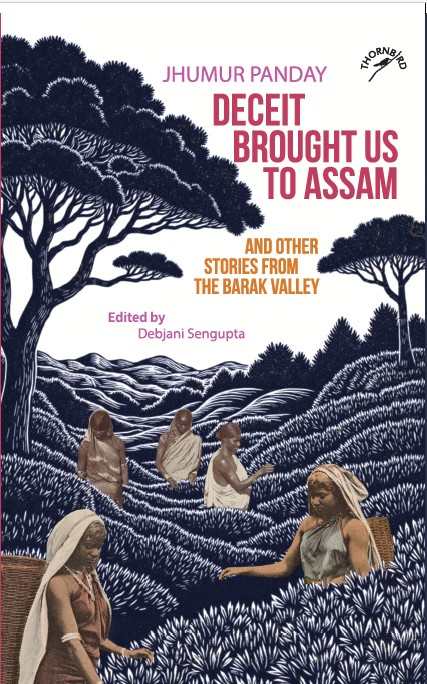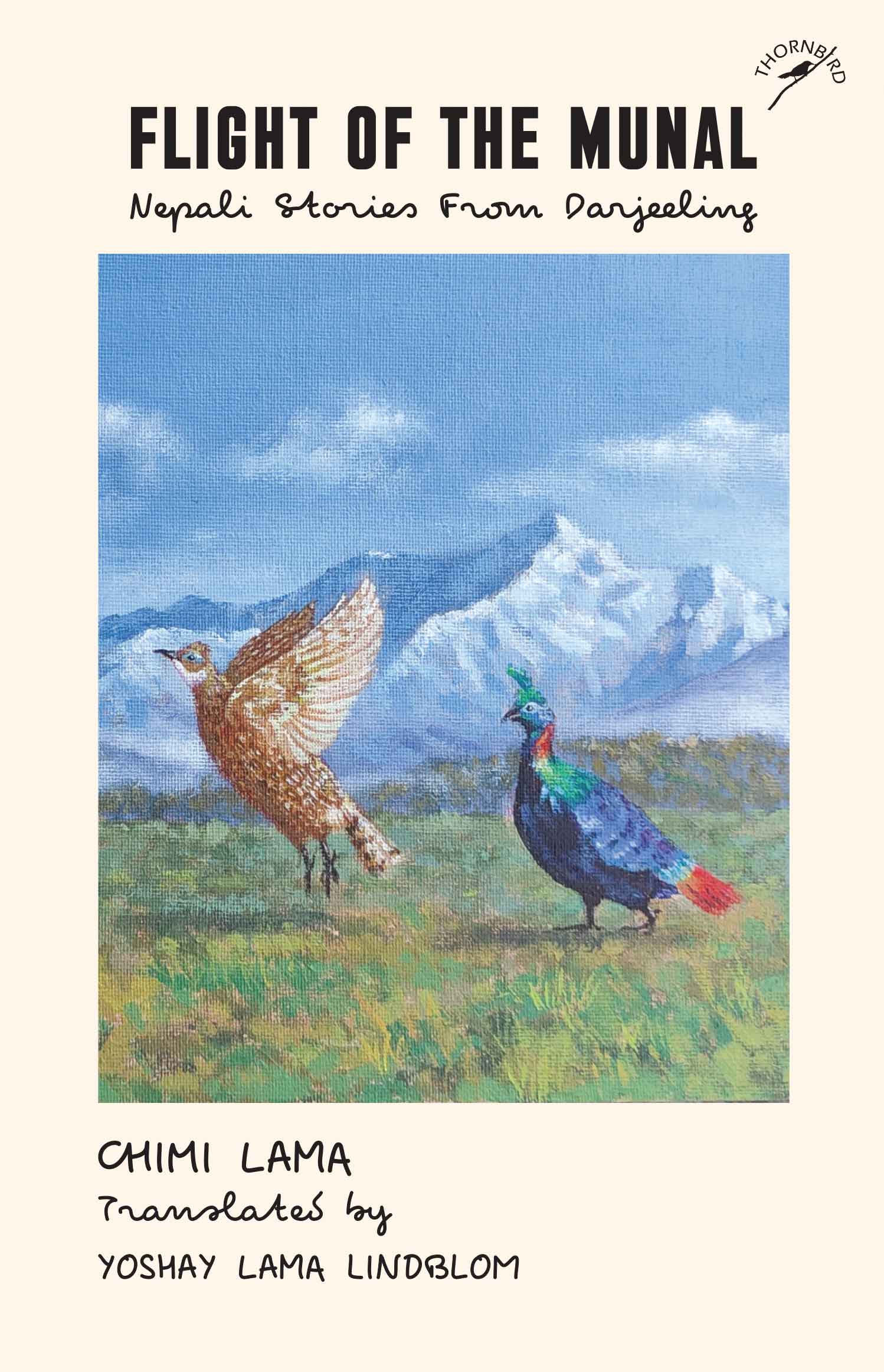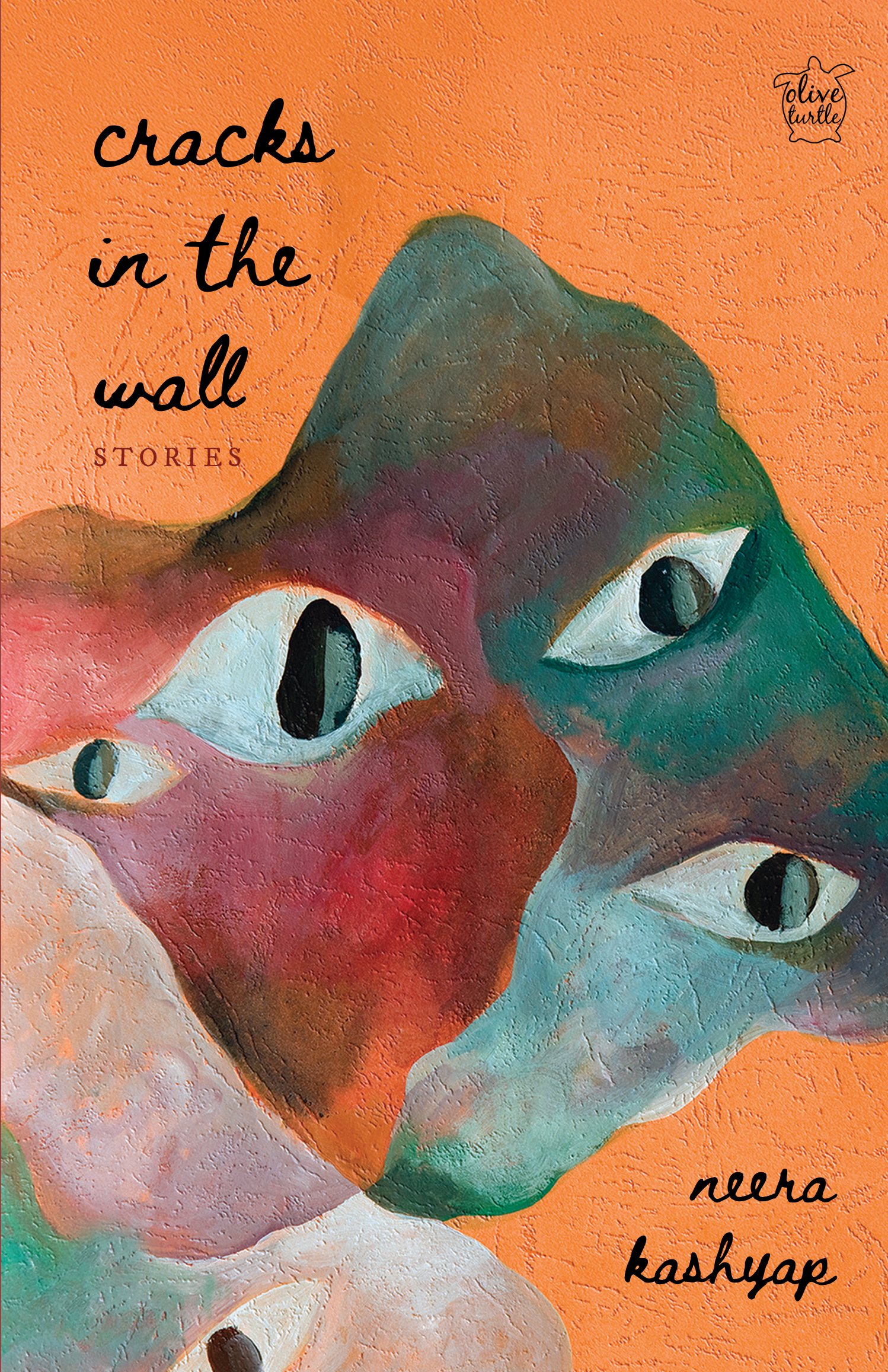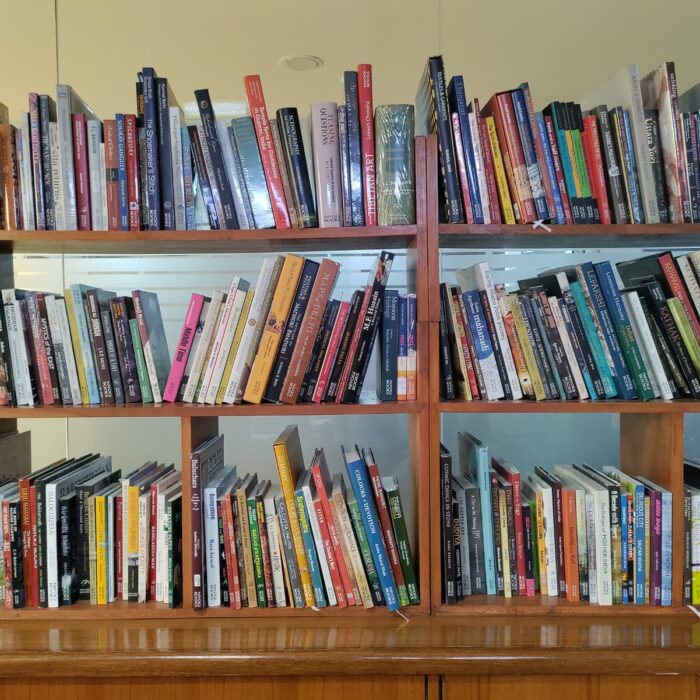Sign up and get notified with new article for free!

Book
The Copper Sky
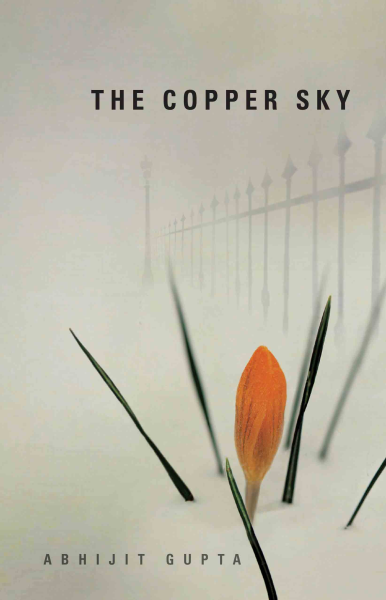
The Copper Sky
London. 1950s. Naïve Amar Das arrives to study at the LSE. The release from the war-torn skies and the daily threat of death had unleashed a tide of unprecedented pleasure-seeking which swept over hidebound English society. Gone was the Victorian prudery the British rulers had exported to middle-class India, Amar realises, as he stumbles over coupled bodies in his walk through Hyde Park. He has to struggle with the new mores, the pervading permissiveness. At the same time he thrills to the intellectual freedom which he senses all around, the challenge of ideas, the encouragement to question orthodoxy. Casting a dark shadow over all this, though, are his bitter memories of British rule and anguish at having been treated as second-class citizen in his own country. His restless anger at the colonisers spills over from time to time. Along the way, a lonely wife offers him her ambiguous friendship, an attractive single mother her love, a manipulative student her bed and an enigmatic girl his romantic focus. How does the unworldly youngster deal with the challenges that adulthood and autonomy confront him with? A universal issue that transcends both time and space.
|

